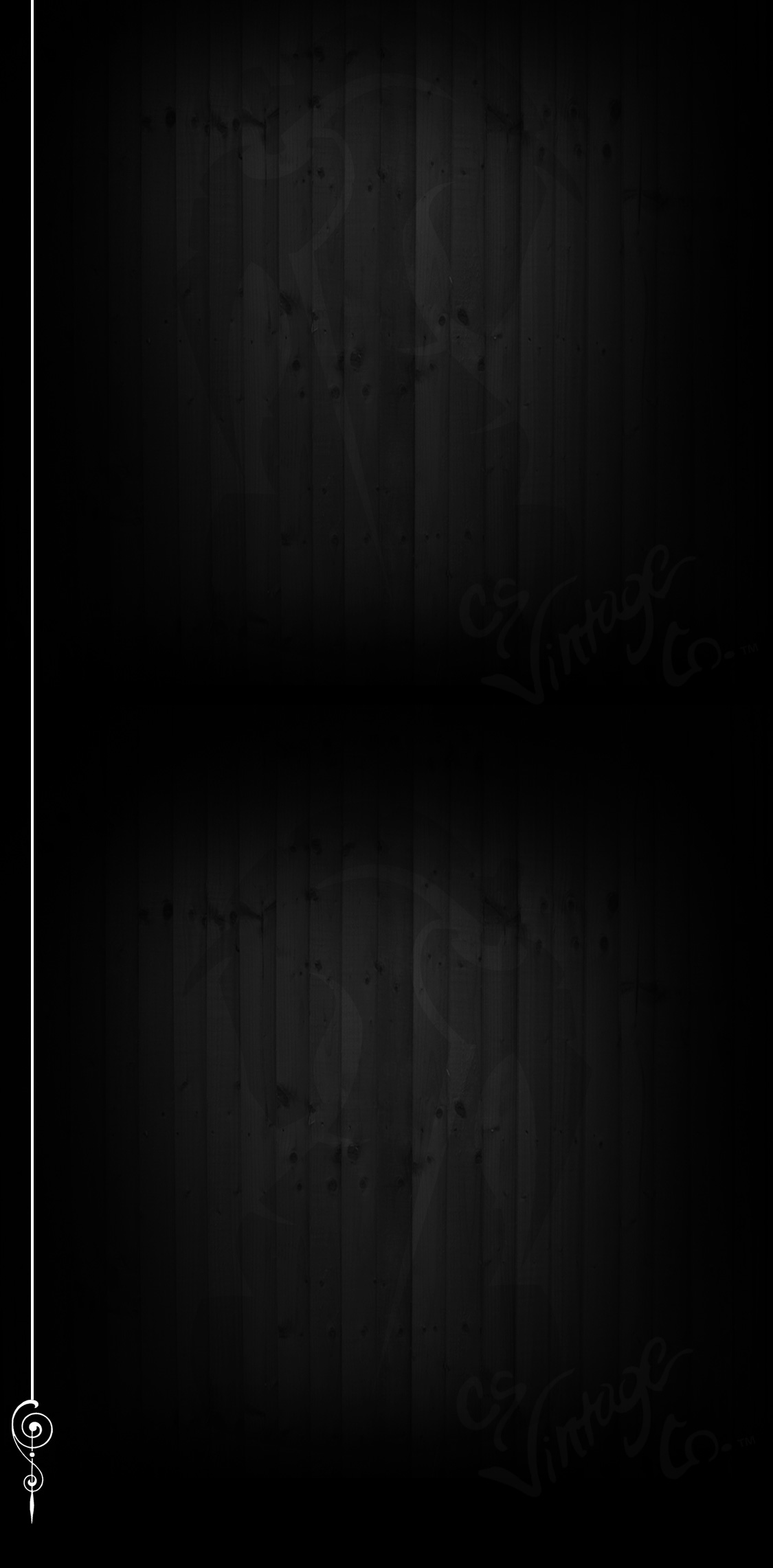
Pommel :
Pommeau - a fastener that attaches the grip to the blade.
Preparation :
Préparation - the initial phase of an attack, before right-of-way is established.
Presentation :
offering one's blade for engagement by the opponent.
Press :
Presser v. pression - an attempt to push the opponent's blade aside or out of line; depending on the opponent's response, the press is followed by a direct or indirect attack.
Prime :
Prime - parry #1; blade down and to the inside, wrist pronated.
Principle of Defence :
Principe de défense - the use of forte against foible when parrying.
Priority :
Priorité - in sabre, the now-superceded rules that decide which fencer will be awarded the touch in the event that they both attack simultaneously; also used synonymously with right-of-way.
Prise de Fer :
Prise de fer - also taking the blade; an engagement of the blades that forces the opponent's weapon into a new line. See : bind, croise, envelopment, opposition.
Quarte :
Quarte - parry #4; blade up and to the inside, wrist supinated.
Quinte :
Quinte - parry #5; blade up and to the inside, wrist pronated. In sabre, the blade is held above the head to protect from head cuts.
Rapier :
Rapière - a long, double-edged thrusting sword popular in the 16th- 17th centuries.
Red Card :
Carton rouge - used to indicate repeated minor rule infractions or a major rule infraction by one of the fencers; results in a point being given to the other fencer.
Redoublement :
Redoublement - a new action that follows an attack that missed or was parried; see also Reprise.
Referee :
Arbitre, Président - also director, president; the mediator of the fencing bout.
Remise :
Remise - immediate replacement of an attack that missed or was parried, without withdrawing the arm.
Reprise :
Reprise - renewal of an attack that missed or was parried, after a return to en-garde; see also Redoublement.
Retreat :
Retraite - step back; opposite of advance.
Right-of-way :
Raison, Priorité - rules for awarding the point in the event of a double touch in foil or sabre.
Riposte :
Riposte - an attack made immediately after a parry of the opponent's attack.
Sabre :
Sabre - a fencing weapon with a flat blade and knuckle guard, used with cutting or thrusting actions; a military sword popular in the 18th to 20th centuries; any cutting sword used by cavalry.
Salle :
Salle d'armes - a fencing hall or club.
Salute :
Salut - with the weapon, a customary acknowledgement of one's opponent and referee at the start and end of the bout.
Second Intention :
Seconde intention - a false action used to draw a response from the opponent, which will open the opportunity for the intended action that follows, typically a counter-riposte.
Seconde :
Seconde - parry #2; blade down and to the outside, wrist pronated.
Septime :
Septime - parry #7; blade down and to the inside, wrist supinated.
Simple :
Attaque simple - an attack (or riposte) that involves no feints.
Simultaneous :
Attaques simultanées - in foil and sabre, two attacks for which the right-of- way is too close to determine.
Single Stick :
Canne - a form of fencing with basket-hilted wooden sticks.
Sixte :
Sixte - parry #6; blade up and to the outside, wrist supinated.
Small Sword :
Dague - a light duelling sword popular in the 18th century, precursor to the foil.
 |
|||||||||
 |
|||||||||